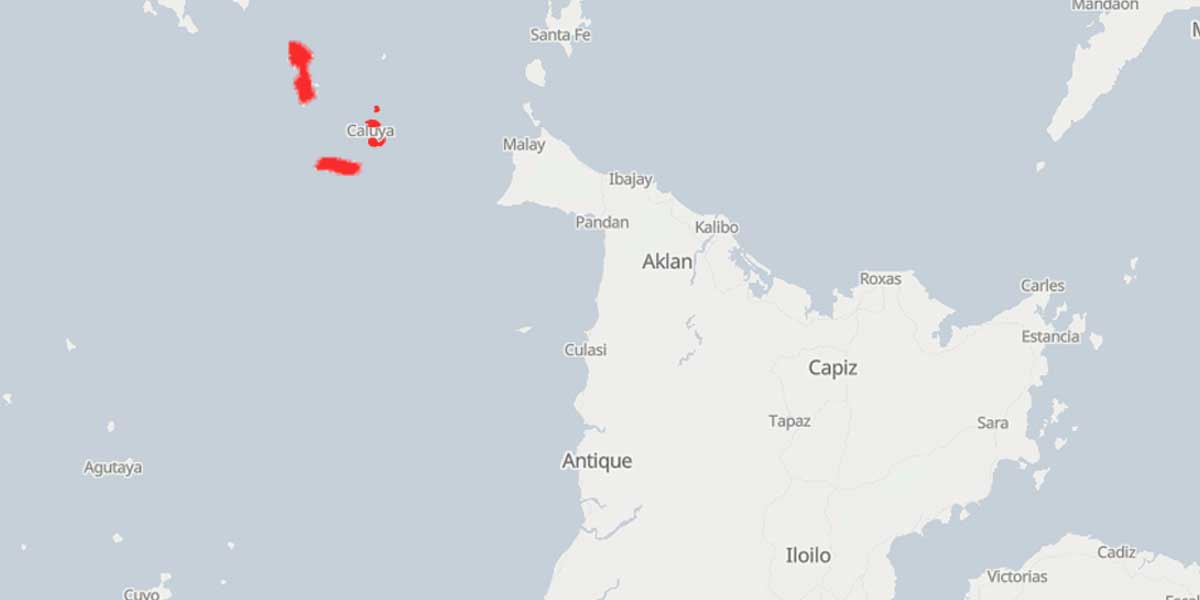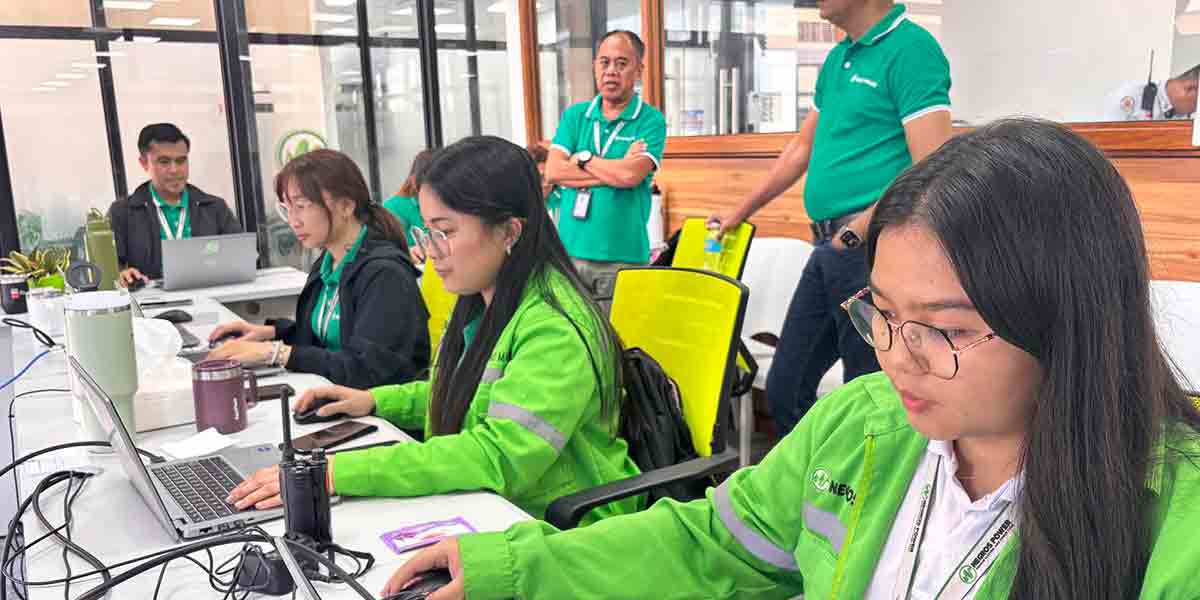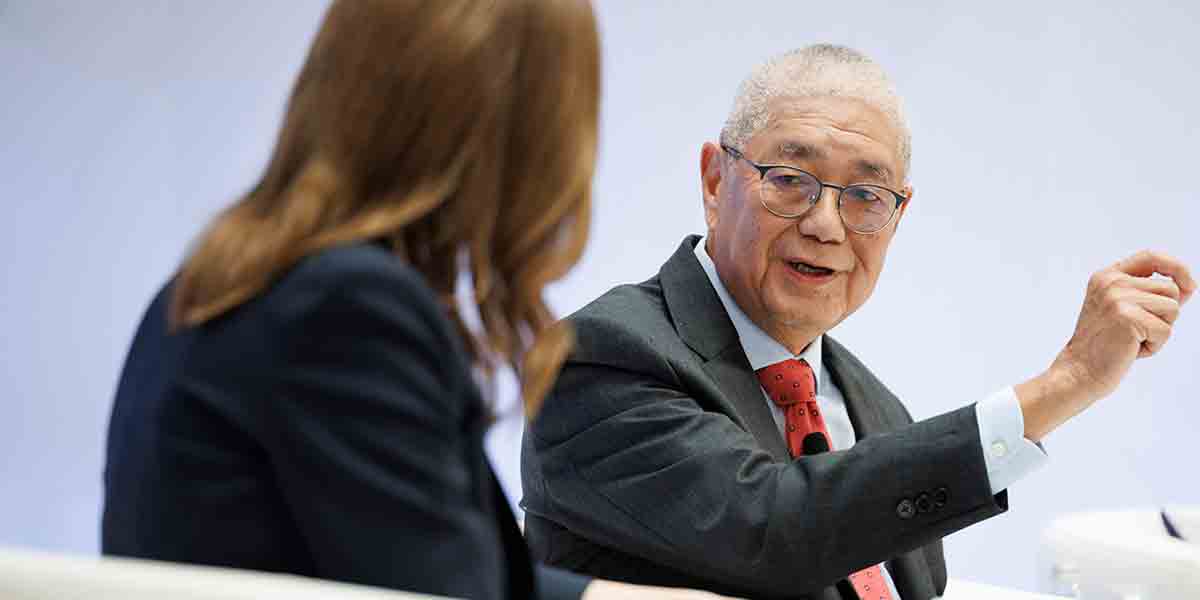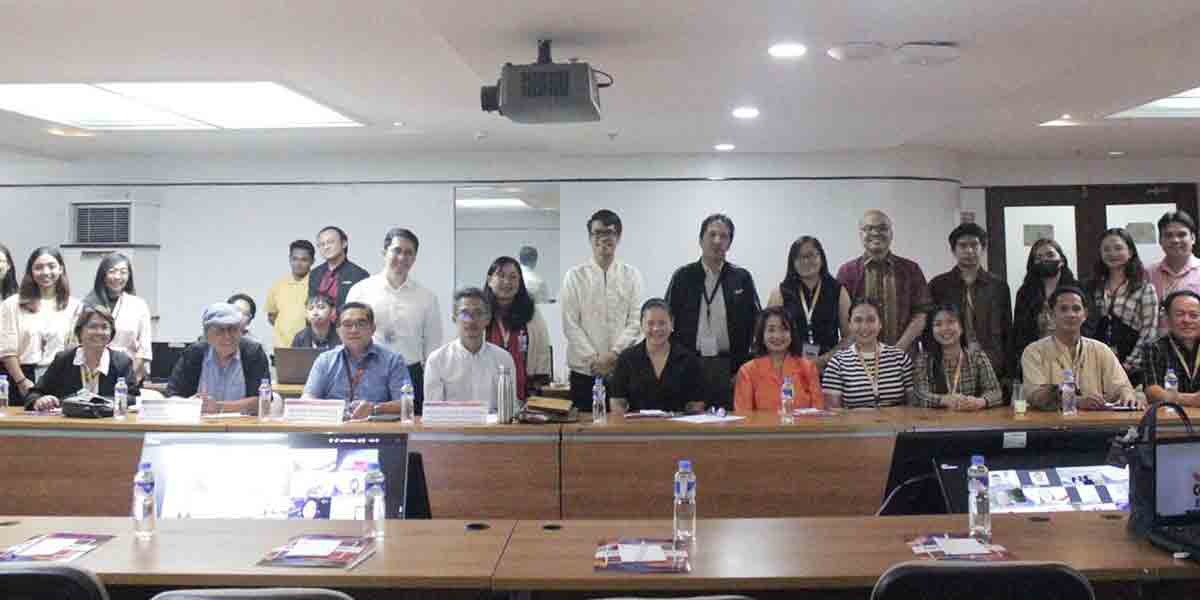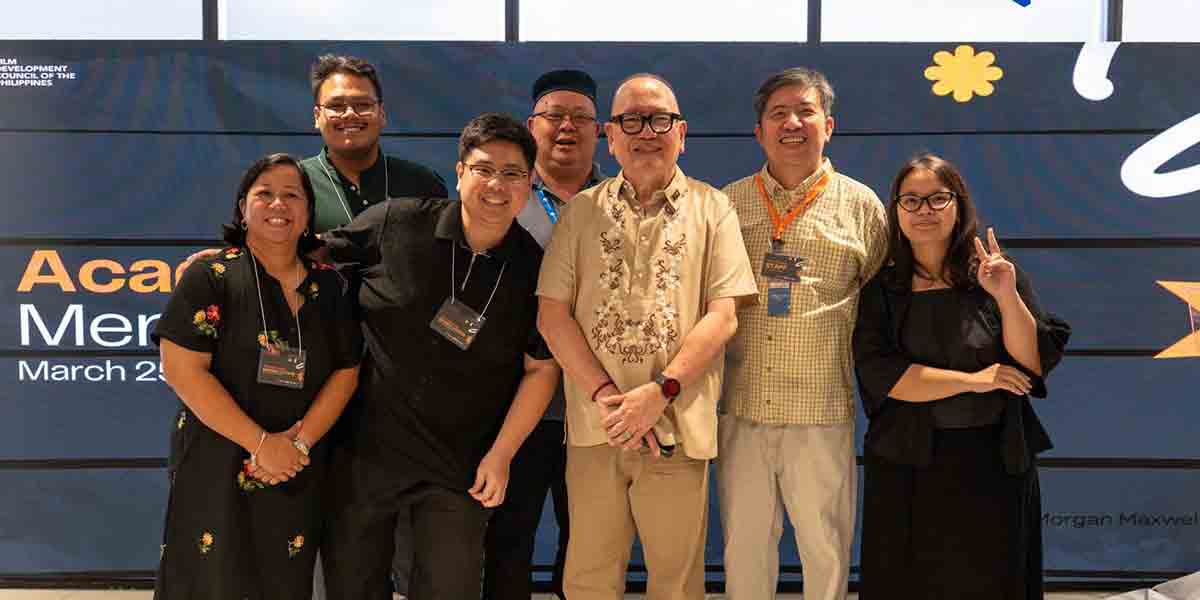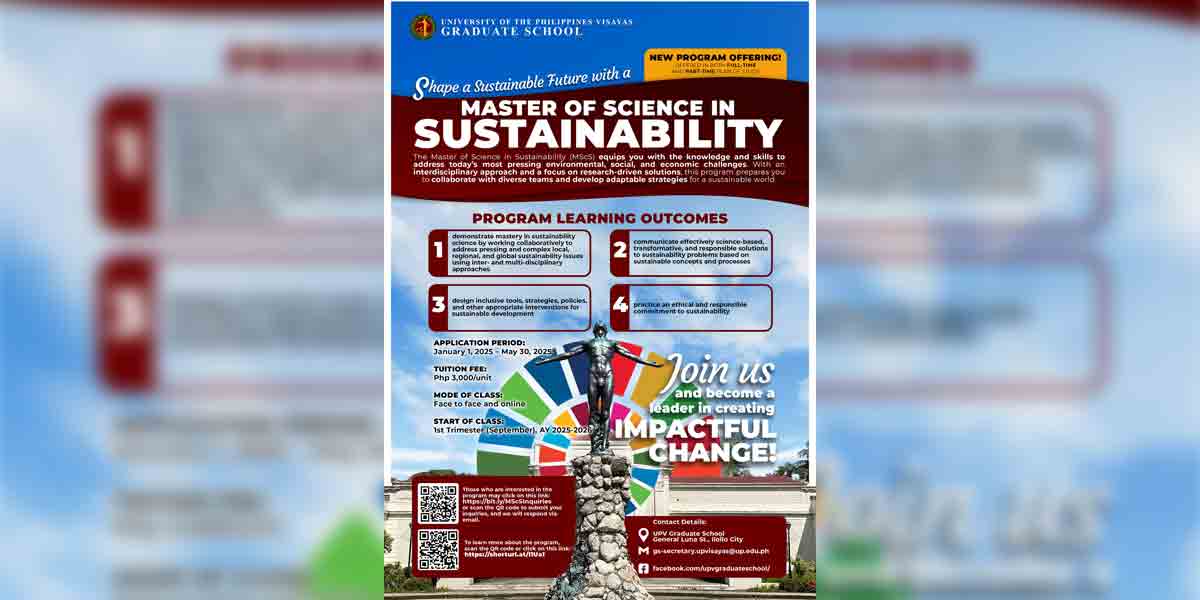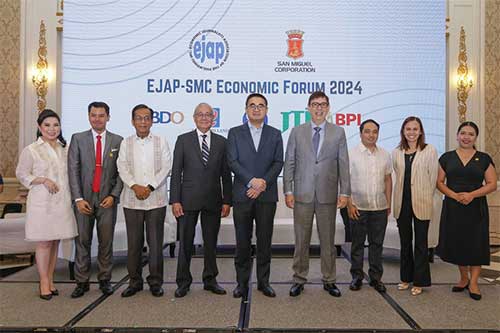
By Francis Allan L. Angelo
The National Economic and Development Authority (NEDA) has emphasized the need for the Philippines to reinforce and diversify its growth drivers, focusing on boosting investments and improving export performance to build a “future-proof” economy.
During the Economic Journalists Association of the Philippines (EJAP) Mid-year Economic Forum on July 8, NEDA Secretary Arsenio M. Balisacan noted that while the Philippine economy has shown consistent growth, it has heavily relied on household consumption and services.
Balisacan pointed out that unlike regional neighbors such as Vietnam, Thailand, and Malaysia, the Philippines has not fully leveraged investments and exports as key growth pillars.
“While we continue to buoy consumption and enhance services, we must reinvigorate the other pillars of economic growth—investment and exports, particularly manufacturing and agribusiness—to sustain growth and make it more resilient in the years and decades to come,” he said.
The NEDA chief highlighted the negative impact of the manufacturing sector’s declining share of GDP on poverty reduction efforts.
He emphasized that the export and manufacturing sectors are crucial for providing stable, well-paying jobs for unskilled or semi-skilled workers.
“Our economy’s dependence on one pillar of growth—final consumption on the demand side and services on the supply side—limits its capacity to generate high-quality jobs through investment, access trade-facilitated innovations and modern processes as foundation for productivity growth, and seize opportunities for growth from the rapidly expanding markets beyond the country’s shores,” Balisacan explained.
Balisacan, along with other members of the Economic Team, outlined major reforms and policies aimed at creating a conducive environment for investments.
The government remains optimistic about the country’s economic prospects, expecting these initiatives to yield positive results in the coming months and years.
Despite emerging challenges and risks, Balisacan assured that the country’s fundamental development problems are well-understood.
“The theme that runs across our presentations remains the same: we have built on the hard-won reforms of past administrations and the key elements are already in place; and the Philippine economy has never been more ready to take off and realize its immense potential across all of these growth drivers,” he said.
The NEDA Secretary concluded with three strategic directions: adhering to the planned vision while learning from the past, recalibrating strategies as needed, and focusing efforts on high-impact areas within limited time frames.
Joining Secretary Balisacan at the forum were Special Assistant to the President for Investment and Economic Affairs Secretary Frederick D. Go, Finance Secretary Ralph G. Recto, Bangko Sentral ng Pilipinas Governor Eli M. Remolona, and Budget and Management Undersecretary Joselito R. Basilio.
This year’s EJAP forum, themed “Future-Proofing the Philippine Economy: Policies and Strategies,” gathered business journalists and government economic managers to discuss pressing economic issues.



